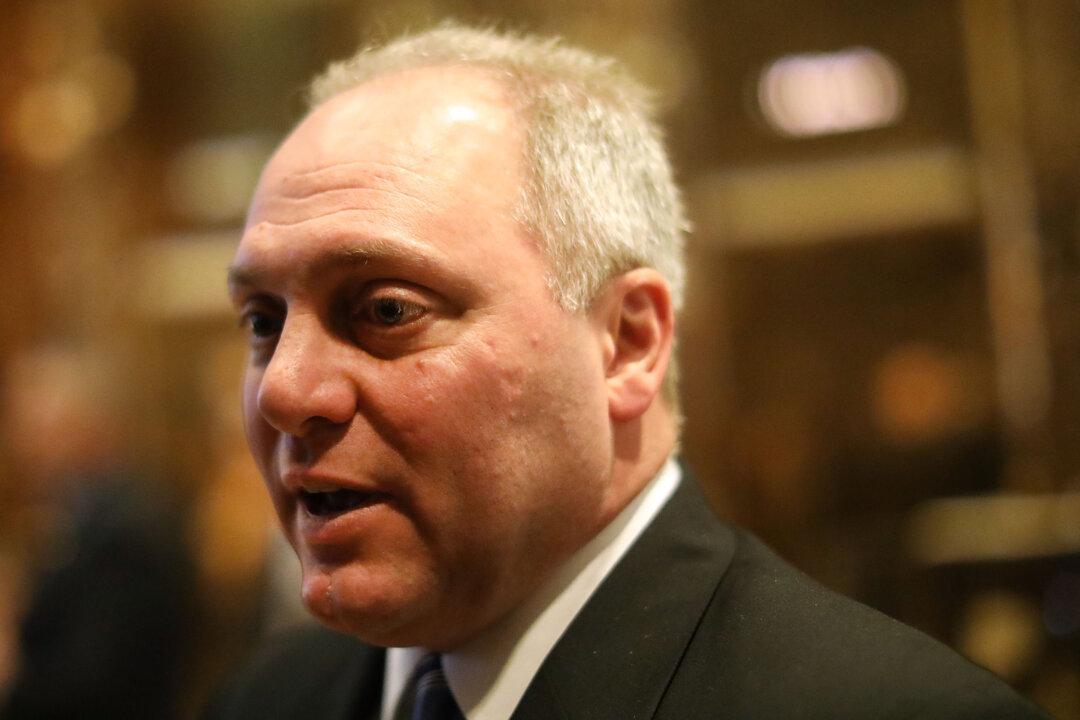Rep. Steve Scalise (R-La.) on Wednesday accused Rep. Adam Schiff (D-CA) of running a “Soviet-style” impeachment inquiry against President Donald Trump, stating that Schiff was unnecessarily holding meetings “behind closed doors.”
In an interview on The Ingraham Angle, House Minority Whip Scalise hit out at Schiff for holding the closed-door proceedings that did not involve classified information, adding that the secret proceedings meant that 75 percent of Congress representing 230 million Americans did not know what was being presented as evidence to impeach the president.





